The Big Lie: Giving Must Hurt
What Is It About Giving
As my little saga of the burst water pipe dries out, I’m happy to report much less drama. The insurance company has sent an adjuster, my contractor has promised to make time to stop by, and with temperatures in a normal range for February in Maine, all appear manageable.
Amid my burst-pipe kerfuffle (I’ve wanted to use that word for months), I have thought over and over again how fortunate I am that this (cue the insurance company, general contractor, tradespeople…etc.) is the extent of drama in my life.
Scan the headlines. The world isn’t a pretty sight.
Wars, international intrigue, murder, gun violence, bigotry, discrimination, hate crimes, hunger, abuse, sex trafficking, political bloodletting, science deniers, climate crisis, and terrifying weather fill the headlines.
I’m fortunate, and I know it.
Maybe this is why the question of “giving” and the more extensive subject of “ethics” found their way into my journal pages and reading list recently.
I grew up believing that giving didn’t count unless it hurt. The idea is that unless you give beyond your means (in faith), it doesn’t count or doesn’t count as much.
As a recovering evangelical, there’s a lot in that concept for me to unpack, but I won’t for now. Instead, I will focus on cataloging the value associated with giving based on the degree of discomfort the gift causes.
Regarding that line of teaching, I call bullshit. I could dive into the theology around it, but I’d rather get personal today.
My lived experience says that giving, regardless of the currency (cash, time, services…etc.), is best not when pain and discomfort are the motivators but rather when ease and flow are the takeaways.
That’s when things get good.
Whether volunteering with the local food bank or soup kitchen, baking cookies for the local warming center (a regional thing driven by the extreme winters in the Northeast), flipping pancakes at the church pancake supper, serving on committees, doing phone banking, stuffing envelopes, or delivering meals or treats to the elderly; any one of these giving opportunities exist in a state of ease and flow.
Even sharing my story on a recent podcast (check out this link for a listen) was a giving exercise. I consciously decided to be transparent about dark places in my past life and did so as a giving exercise. I gave my story to my friend Gabe and his podcast audience, believing it might encourage someone.
There was nothing complicated about it. It was easy. The experience flowed naturally, sealing ease and flow as one of my fundamental life principles. If it isn’t flowing easily, then, from my experience, something is out of alignment and warrants introspection.
Then comes a discussion of ethics, or our shared capacity for reason and empathy. It’s this capacity which enables us to make decisions based on what is right and wrong. Ethics is the framework that guides us in making decisions, and doing the right thing should be the minimum we expect from each other—giving included.
“Ethics in the Real World”
Philosopher Peter Singer’s book “Ethics in the Real World” (a classic I recommend) explores various ethical issues, from animal rights to climate change to effective altruism. At its core, the book argues that ethics should be grounded in reason and evidence and that we have a moral obligation to reduce suffering and promote well-being, both for individuals and society.
One area where this moral obligation is essential is in our treatment of animals. Singer argues that we should extend ethical consideration to all sentient beings, not just humans. This means we should not only refrain from causing unnecessary harm to animals but also take positive steps to improve their welfare.
For me, this is a slam dunk. Have I shared pictures of my barn cats with you yet?
Another area where doing the right thing is crucial is responding to poverty. Singer argues that we have a moral obligation to reduce global poverty since it causes immense suffering and is resolved through relatively simple interventions, such as providing mosquito nets to prevent malaria or distributing cash transfers to the poor.
Climate change is another area where doing the right thing is essential. The effects of climate change are felt around the world, from more frequent and severe natural disasters to rising sea levels to extinctions of species. Singer argues that we have a moral obligation to reduce our carbon footprint and transition to renewable energy to prevent further harm to the planet and ensure that future generations can enjoy a livable world.
To this end, I’m getting quotes to install heat pumps and a solar array to generate over 90% of my electricity and bypass fossil fuels. It won’t fix the entire world, but it helps balance my footprint on the planet.
At the heart of all these ethical issues is the question of what it means to do the right thing. Doing the right thing is not just a matter of following rules or obeying laws but of using reason and empathy to make decisions that promote well-being and reduce suffering. It requires us to examine our beliefs and practices critically and be willing to make changes in light of new evidence.
Doing the right thing is not always easy. It may require us to make sacrifices, challenge our assumptions, or take unpopular or complex actions.
Singer argues the point, and I agree, that doing the right thing is the minimum we should expect from each other as moral beings. It allows us to build a more just and compassionate society where everyone (!) has the opportunity to flourish and live a meaningful life.
In an increasingly complex and interconnected world, the importance of ethics and doing the right thing has never been greater. We must follow a moral compass grounded in reason and empathy to accomplish this.
We can all take steps to align our lives with our ethical principles. We can reduce our consumption of animal products, give to effective charities, reduce our carbon footprint, and support ethical practices in our workplaces and communities.
We can give, not till it hurts, but till it flows with ease from empathetic hearts committed to improving things around us.
The post The Big Lie: Giving Must Hurt first appeared on James Swan Coaching.

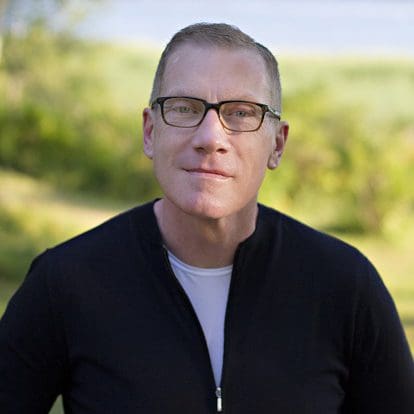











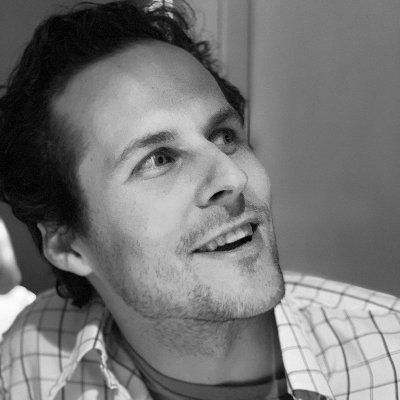






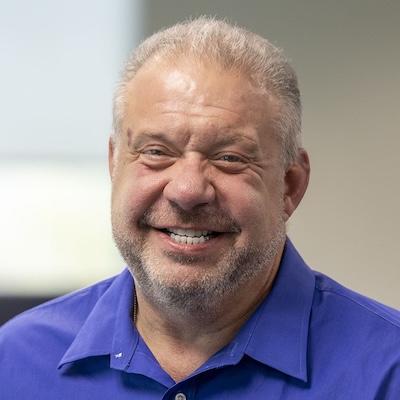

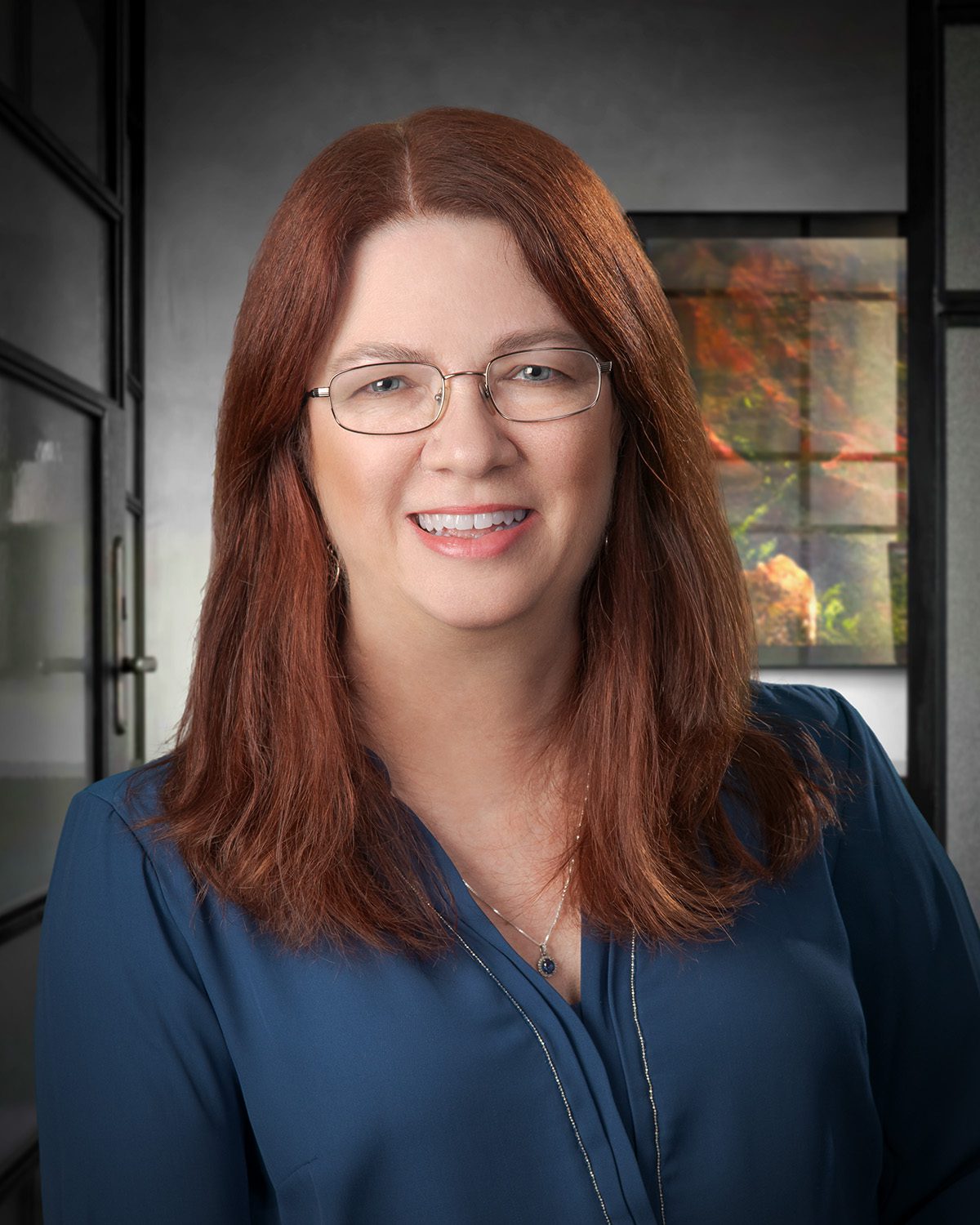
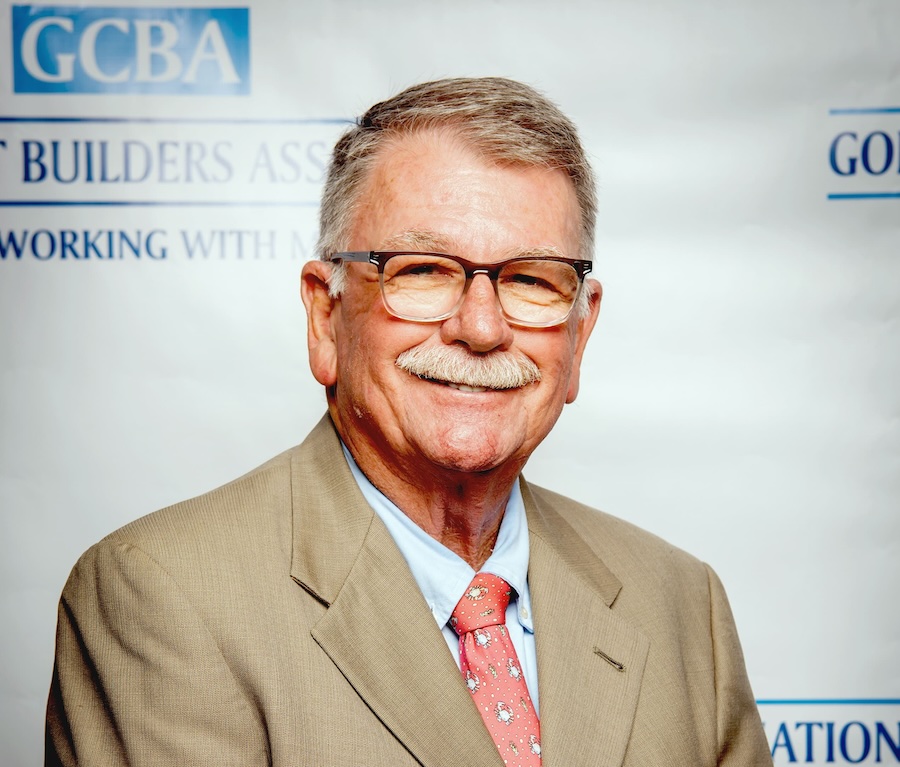


Already a Member? Login Here.
Not Yet a Member? Join the Conversation Today!